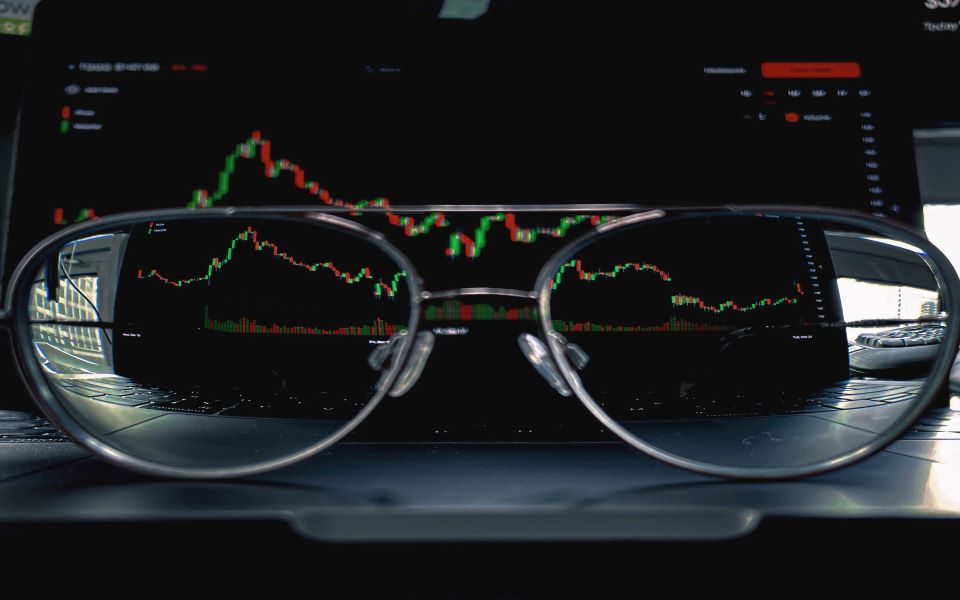
By: Matt Garrott
The S&P 500 was up 9.2% in July. Year-to-date, the index is down 12.6% and down 5% over the last 12 months. Bonds have taken a beating this year, too, with the Bloomberg US Aggregate Bond Index down 7.7% and muni bonds down 4.6%. Economic data dominated the headlines, however. Inflation is at 9.1%. Second quarter GDP declined by 0.9%, well below the Dow Jones estimate of +0.3%. The Federal Reserve has raised rates by 2.25% so far this year.
Oddly, the bear market low (so far) for both the S&P 500 and NASDAQ was June 16, the day after the Fed raised rates by 0.75%. The S&P 500 has rallied 12.5% while the NASDAQ is up 16.3% since then.
The Economy
The “Is it a recession?” debate is sucking the oxygen out of the room. I recommend watching Brian Wesbury’s video on the subject.
The National Bureau of Economic Research (NBER) is the arbiter of whether the economy is in recession or not. While GDP posted its second straight quarter of negative growth, the NBER doesn’t declare a recession immediately. We only need to look back a couple of years to see this is the case. The pandemic recession lasted from February to April of 2020, but wasn’t officially declared until June 8th, 2020. The recession was over before it officially began! The end of the recession wasn’t declared until over a year later, on July 19th 2021.
Just typing that out makes me feel like that guy at the party who points out that it’s not really champagne unless the bubbly is from the Champagne region of France. Sure, it’s not an official recession (yet), but it seems safe to say that at the very least the pandemic recovery is over.
When asked if we’re headed for a recession, Oaktree’s Howard Marks once said, “Whenever we’re not in a recession, we’re heading toward one.” Whether we’re heading towards recession or already in one, that shouldn’t change investors’ financial plans. Recessions are part of the market cycle. Economic slowdowns encourage perma-bears and some people seem to want a recession in order to punish political opponents or score points. Savvy investors, however, know that over the long-term the S&P 500 has returned 8-10% per year on average despite recessions, bear markets, wars, and shifting political tides.
Acknowledge the reality of today, but don’t let it put your emotions in the driver’s seat. Victory laps, schadenfreude, and fear are not in our clients’ financial plans. Don’t get distracted from your goals. Execute on your financial plan.



